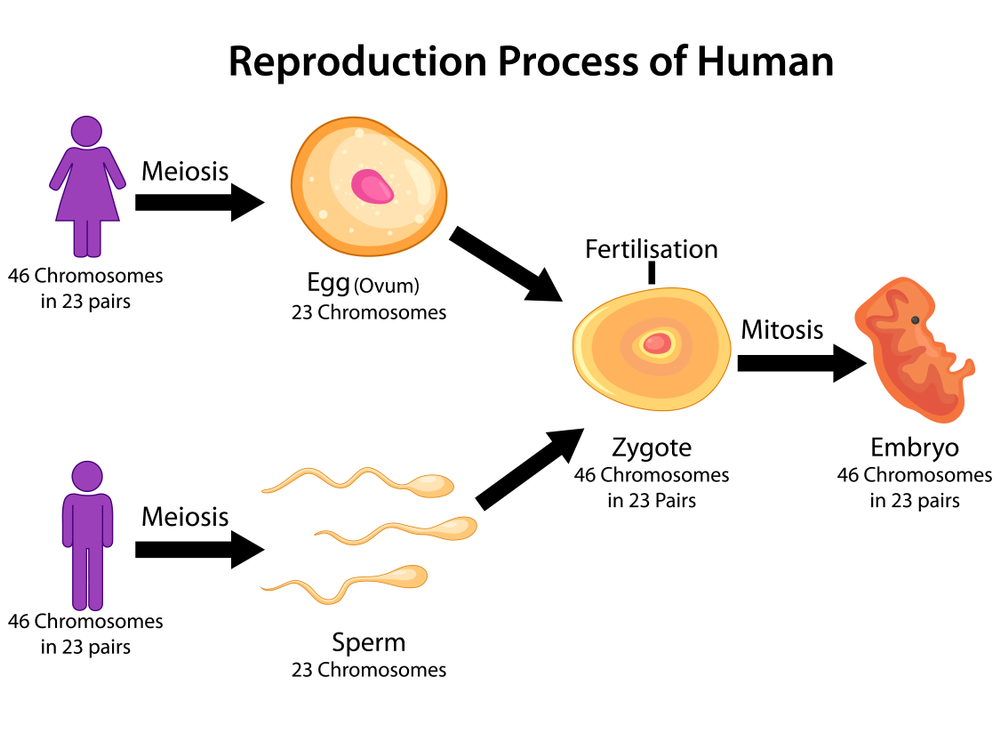When it comes to creating a baby, there is a lot of mystery and confusion for many people. But how are babies made? It’s actually not as complicated as it may seem.
In this blog post, we’ll break down the basics of how babies are made in a way that anyone can understand!
How babies are made : The basics of human reproduction
Human reproduction starts with two different types of cells – sperm and eggs (or ova).

The sperm cell is created in the male testes while the egg cell is created in the female ovaries.
Each human has 46 chromosomes, 23 from each parent.
The egg and sperm both contain 23 chromosomes which combine to make up 46 when they meet.
Fertilization and Implantation
Once an egg has been released from the ovaries during ovulation, it must be fertilized by a sperm cell within 12-24 hours or else it will become unviable.
Fertilization occurs when one sperm penetrates the membrane of an egg and fuses with it.
This fusion creates a single new cell called a zygote which contains all 46 chromosomes from both parents.
The zygote then travels through the uterus where it attaches itself to the wall of the uterus for nourishment and protection – this process is known as implantation.
Growth and Development
As time passes, the newly formed zygote begins to divide rapidly into many cells which eventually form into different organs and body parts until eventually forming an embryo – typically around 8-10 weeks after fertilization.
After 10 weeks, the embryo becomes a fetus which continues to grow inside the mother until birth occurs at approximately 40 weeks gestation.
Creating life is difficult to explain but simple in practice! Through fertilization, implantation, growth, and development – humans are able to create new life forms!
We hope that this blog post has helped you gain some understanding about how babies are made!
With this knowledge you can now go on your journey towards parenthood armed with basic knowledge about human reproduction so you can make informed decisions about your unique situation! Good luck!


